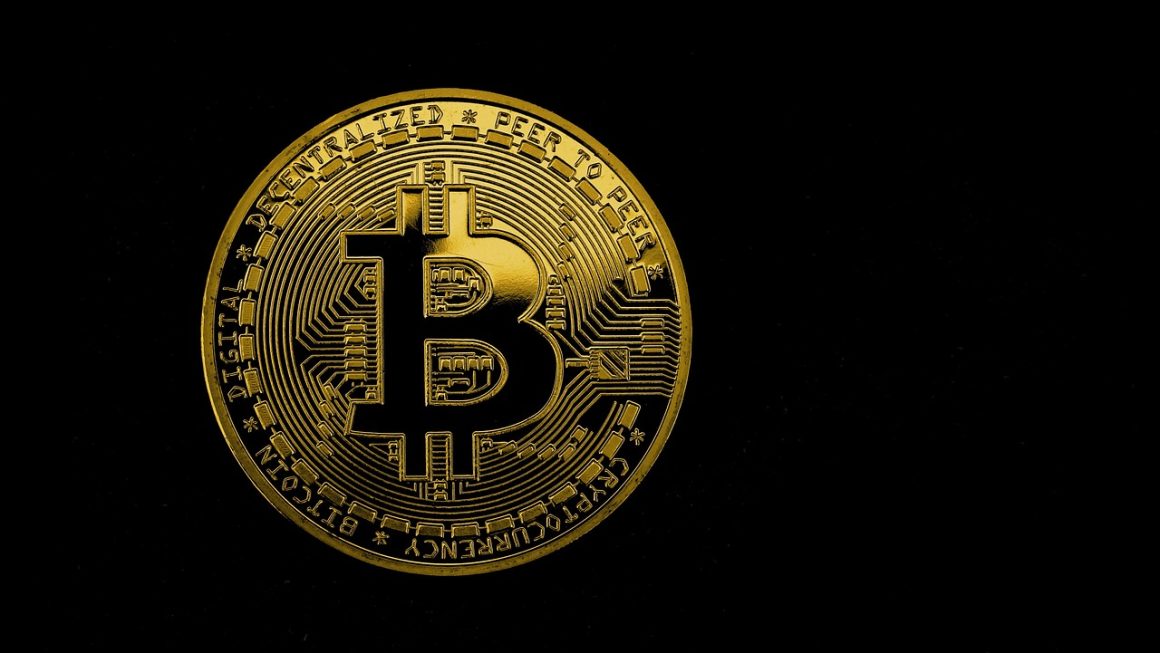Decentralization: Redefining Trust and Control in the Digital Age
Decentralization is a transformative concept that has the potential to reshape various aspects of our lives. By distributing authority and control across a network of interconnected nodes, it offers a more equitable, secure, and transparent alternative to traditional centralized systems. This blog post explores the fundamentals of decentralization, its types, benefits, challenges, and practical applications.
Types of Decentralization
Decentralization can be implemented in various forms:
- ### Political Decentralization:
– Distributes political power from a central government to regional or local authorities.
- ### Economic Decentralization:
– Shifts economic control from a centralized authority (e.g., a central bank) to individuals and local communities.
- ### Technological Decentralization:
– Disperses the control of data and computation across a network of nodes, reducing reliance on centralized servers.
- ### Organizational Decentralization:
– Distributes decision-making authority from a top-down hierarchy to lower-level employees or teams.
Benefits of Decentralization
- Increased Resilience: Decentralized systems are less vulnerable to single points of failure, as no single entity controls the entire network.
- Enhanced Transparency: Transactions and decisions are recorded on a public ledger, providing visibility and accountability.
- Improved Security: Data is distributed across multiple nodes, making it more difficult for hackers to access or manipulate.
- Lower Transaction Costs: Decentralization reduces the need for intermediaries, resulting in lower fees for transactions.
- Greater Trust: Participants trust the system more because they know that no single entity has absolute control.
Challenges of Decentralization
- Scalability: Decentralized systems can face challenges in handling high volumes of transactions efficiently.
- Interoperability: Different decentralized systems may not be compatible with each other, limiting their ability to interact.
- Governance: Determining who has the authority to make decisions in a decentralized system can be complex.
- Efficiency: Decentralized systems may require more resources to operate than centralized ones due to the need for consensus.
Practical Applications of Decentralization
Decentralization is finding applications in numerous domains:
- ### Blockchain and Cryptocurrency: Bitcoin and Ethereum are prime examples of decentralized technologies that enable secure and transparent financial transactions.
- ### Supply Chain Management: Decentralized systems can track the movement of goods and ensure provenance and accountability.
- ### Voting Systems: Decentralized voting platforms can enhance the integrity and transparency of elections.
Conclusion
Decentralization is a transformative force that has the potential to revolutionize various aspects of our lives. By distributing trust and control, it offers a more equitable, secure, and transparent alternative to centralized systems. While it faces challenges, continuous innovation and collaboration are driving the progress of decentralization. As the technology matures and new applications emerge, decentralization will continue to shape the future of industries, governments, and society as a whole. Harnessing the power of decentralization will be crucial for creating a fairer, more resilient, and sustainable digital ecosystem.




